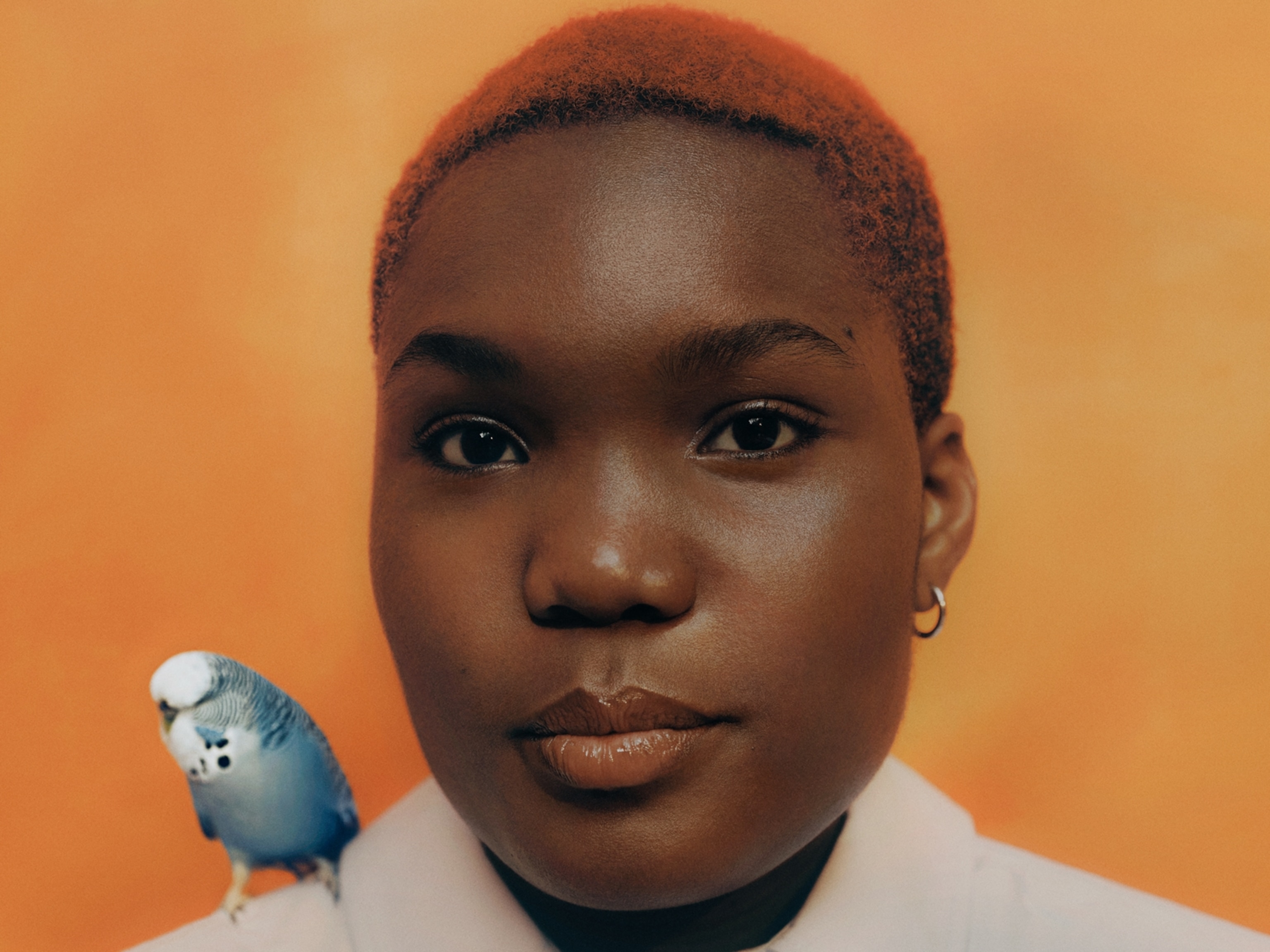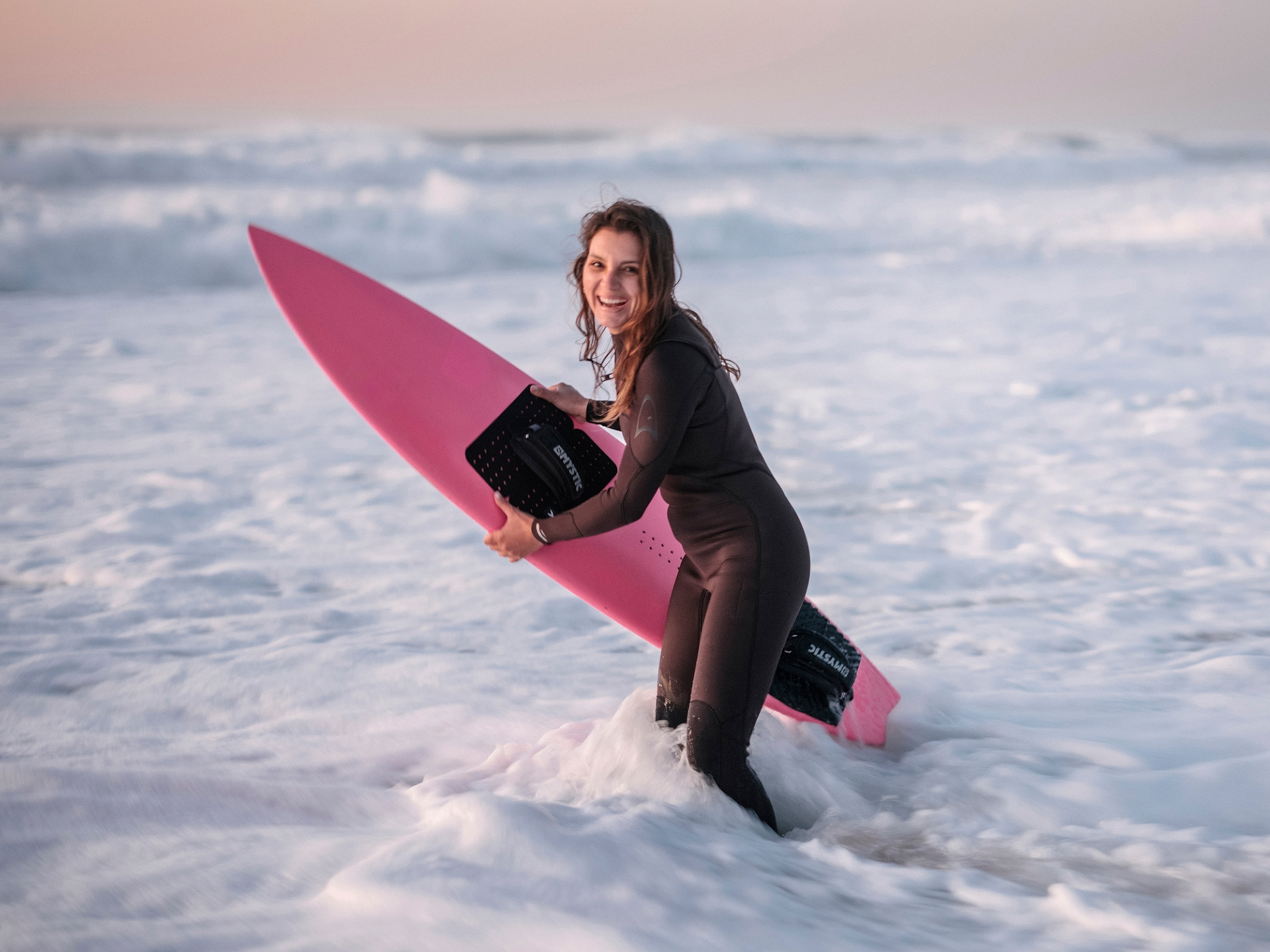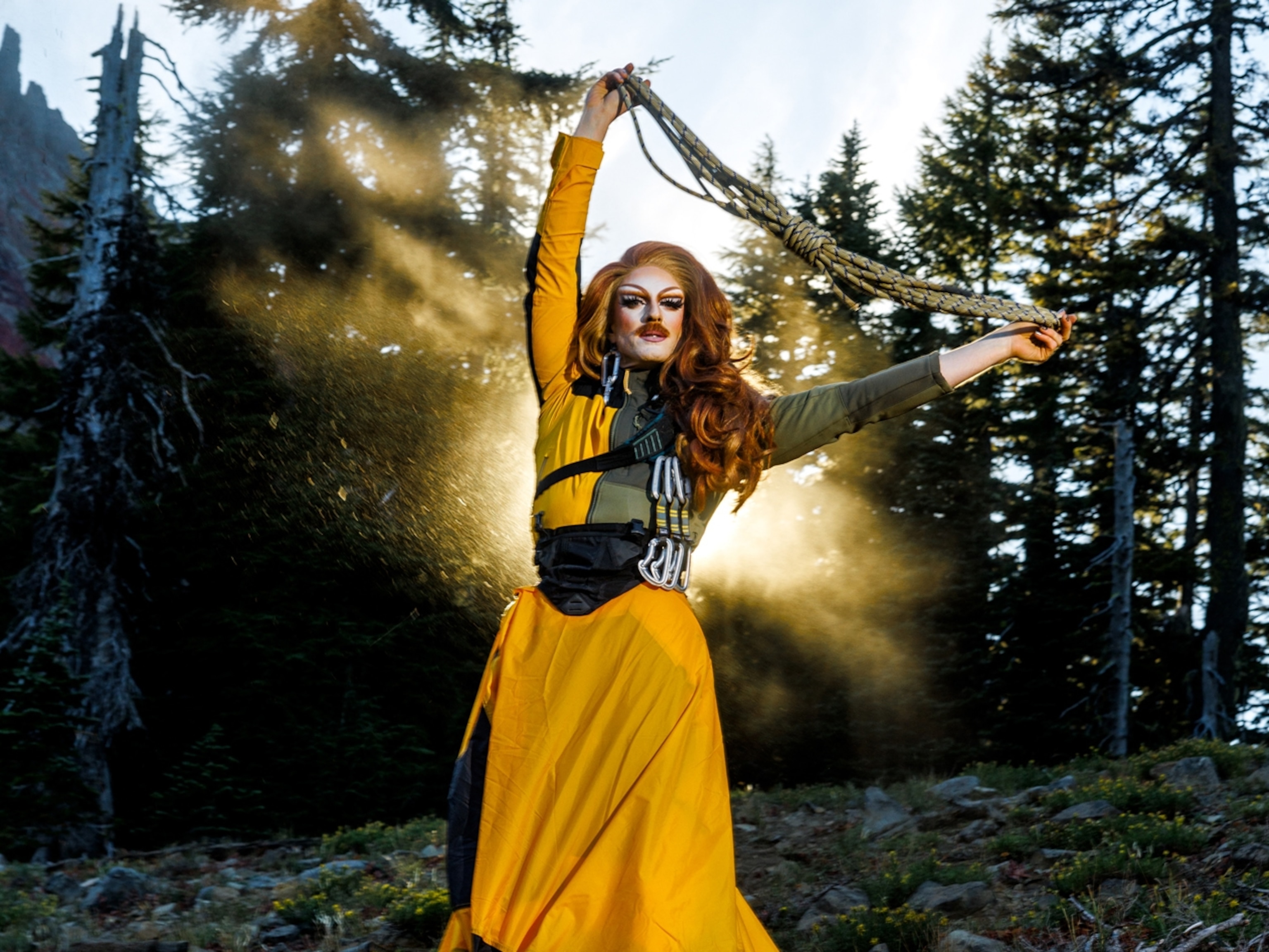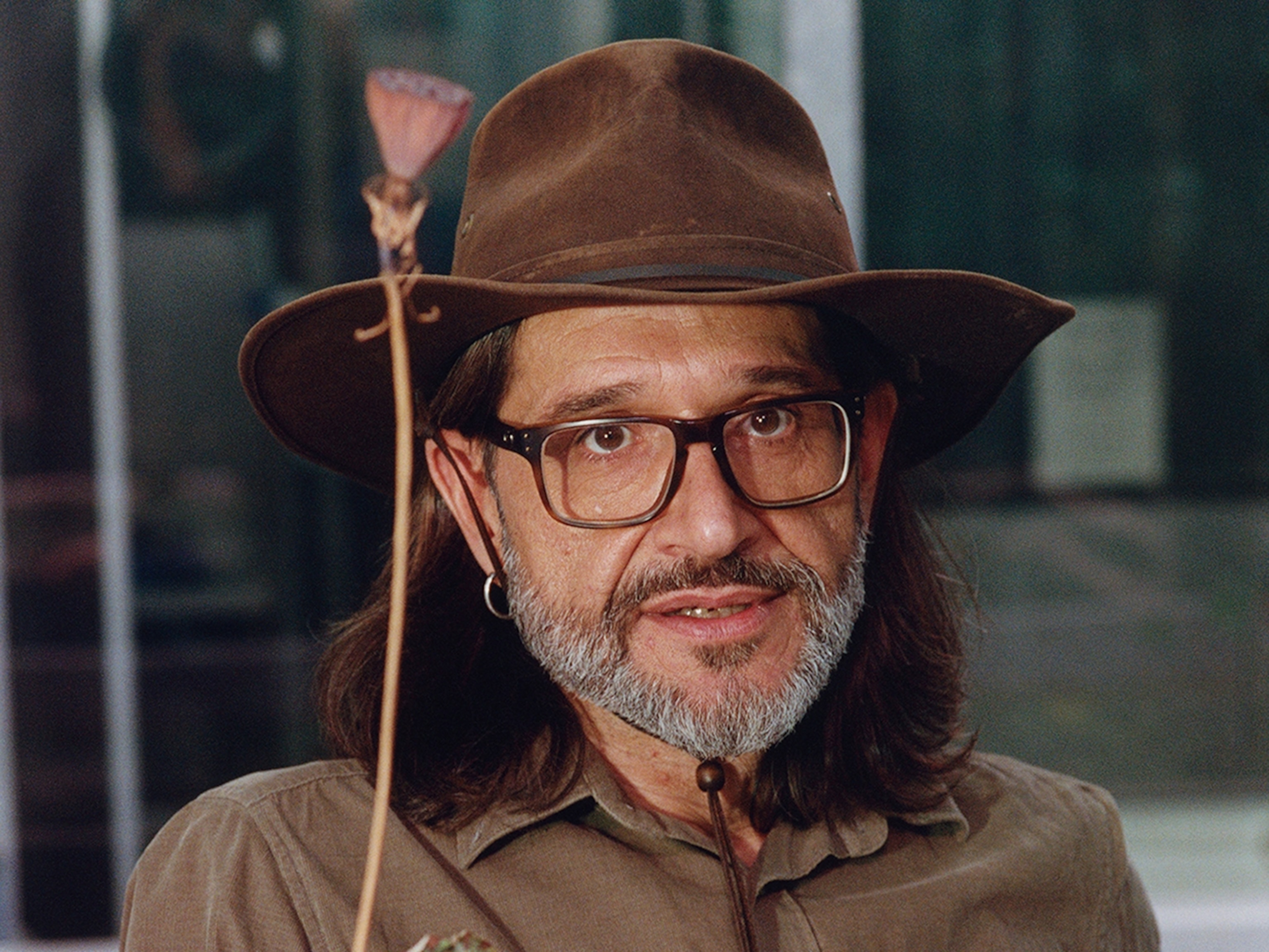Social media star Alexis Nikole Nelson is teaching a new generation about foraging
Better known as the Black Forager, Nelson cares deeply about the values bred by a life spent in close contact with nature.
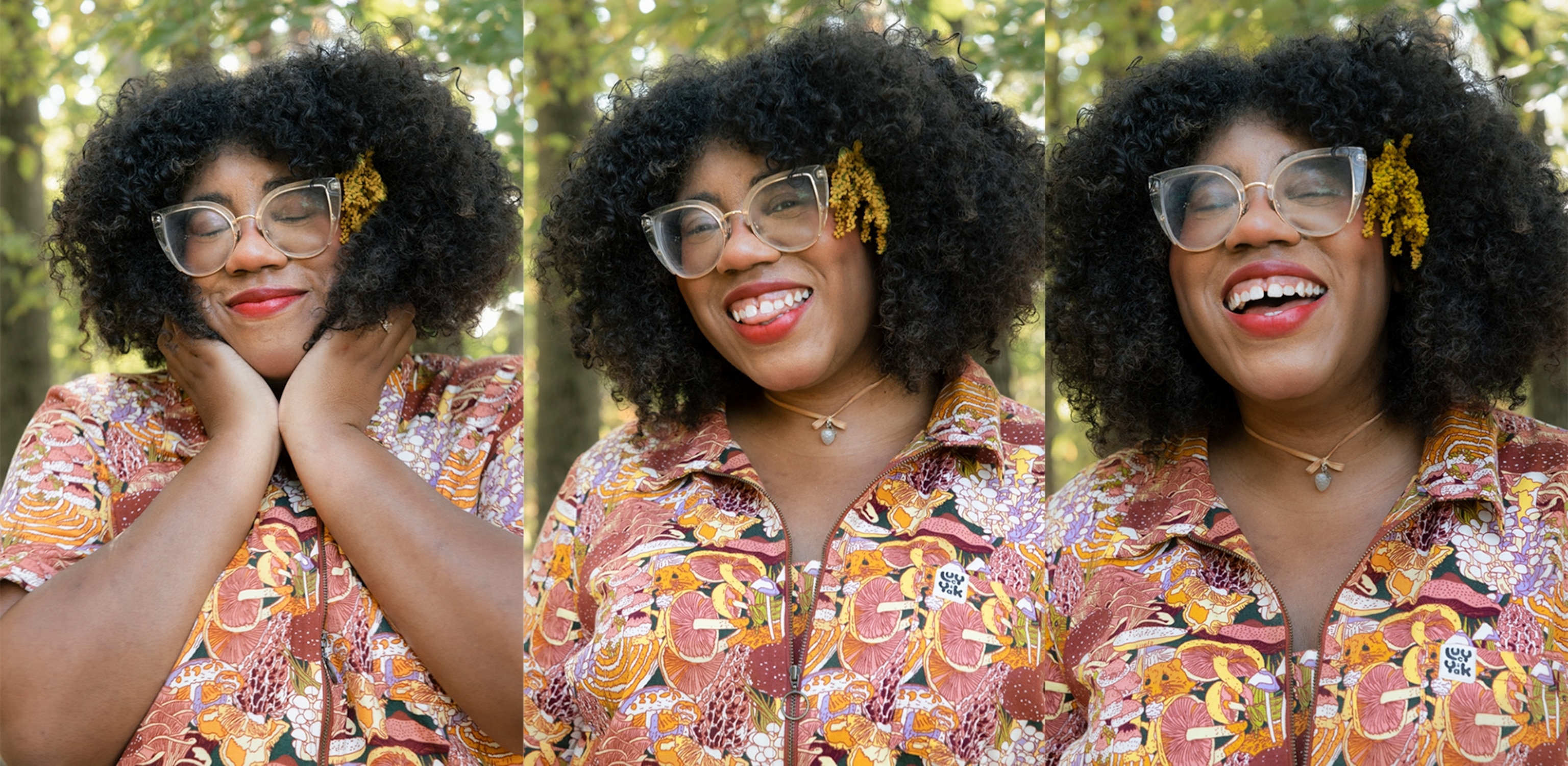
TikTok star Alexis Nikole Nelson has a signature sign-off for her viral videos that is equal parts playful and ominous. “Happy snacking,” she offers with a flash of her friendly gap-toothed grin before cheerfully warning, “Don’t die!” It turns out, she’s only half joking. “Some plants that are delightful for eating can, to an untrained eye, look really similar to a plant that will make you sick or take you down for the count,” she explains. “Every year I have to tell people the difference between Queen Anne’s lace, which is wild carrot, and poison hemlock, which killed Socrates. Don’t be like Socrates!”
Before humans began to domesticate plants and animals, approximately 10,000 years ago, foraging—the act of searching for wild plants and fungi—was the primary means of gathering food. And for millennia, it remained a vital source of sustenance, particularly for people lacking land of their own. As Nelson points out, the culinary tradition was particularly important for enslaved people in the antebellum South, who often supplemented their meager meals by hunting and scavenging on their owners’ land. But during Reconstruction, when many newly emancipated people did not yet own property of their own, a series of laws criminalized foraging on public land, and in Black communities the tradition largely fell away.
Nelson, who goes by the nom de flore Black Forager, has amassed more than seven million followers across social media sharing her knowledge about the wonders of plants and helping communities reclaim their ancestors’ wild foodways. Her evangelism about the benefits of sourcing one’s own food from nature—it’s economical, ethical, healthy, and fun—is infectious. She knows which dandelion petals can be fermented (along with lemon and orange zest) to make a delectable wine, which honey mushrooms are prime for sautéing, and which grapes can lead to your untimely demise. (Yes, to Vitis riparia. A hard no to its toxic cousin Canada moonseed.)
Issues of mortality aside, Nelson is easy to laugh and lightning fast with a pithy rejoinder. It’s not uncommon for her to randomly break into song (“I love when native plants are deliiiicious,” she’ll trill), a nod to her dual degrees in environmental science and theater from Ohio State University. The self-professed fashion obsessive regularly traipses about the woods in whimsical frocks and full makeup. Her fans can’t get enough. “Love the Van Gogh Starry Night frock,” cheers one of her 1.8 million Instagram followers. In addition to winning a James Beard Media award, she’s taken late night host Jimmy Kimmel foraging in Los Angeles, given a TED talk, and inked a cookbook deal with Simon & Schuster.
Six years ago, Nelson, far from her peak, was struggling to find content from outdoor recreationalists who looked like her. The Black Forager was born, and soon she began sharing everything from lerp sugar (insect excretions) and Ulva intestinalis (a form of seaweed she likes to sprinkle on popcorn) to the racist origins of trespassing laws. Since then, she’s traveled the United States and abroad, rooting about in places you may not expect to find a “plucky Black girl,” she jokes, recalling recent foraging trips to a forest in Finland and the mountains of Japan.
Nelson developed her passion for foraging while she was growing up in Cincinnati, Ohio, where her father would regularly take her on hikes through the woods. Her mother, a marketing executive, would often decompress in her meticulously cultivated garden. “A lot of my earliest and fondest memories with my mom were the times in between the long business trips, the times between the huge campaigns, where we would just be in our overalls in the backyard,” she recalls. “I don’t even think she realized how important it was, but she would quiz me on all of the plants.”
Few of her teenage friends understood her love of nature or her summers spent at overnight camps in the woods, making candles, mountain biking, and identifying local flora. “They looked at me like I was in the Sunken Place,” she says, referencing the psychological thriller Get Out. “Everyone thought about outdoorsiness, about survival, about foraging, and what they pictured was like some grizzled white macho man with some slight prepper vibes that I didn't get down with then or now.” In the near future, Nelson hopes to travel to West Africa and her ancestral homeland of Cape Verde. Geeking out about her genealogy delights her. “My mom’s family has been here for a minute,” she says. “Her earliest ancestor arrived [as an indentured servant] in 1611.” Sometimes Nelson likes to imagine what her forefathers would have foraged for. As she puts it, “It would soothe something in my soul to be able to work with those plants.”


